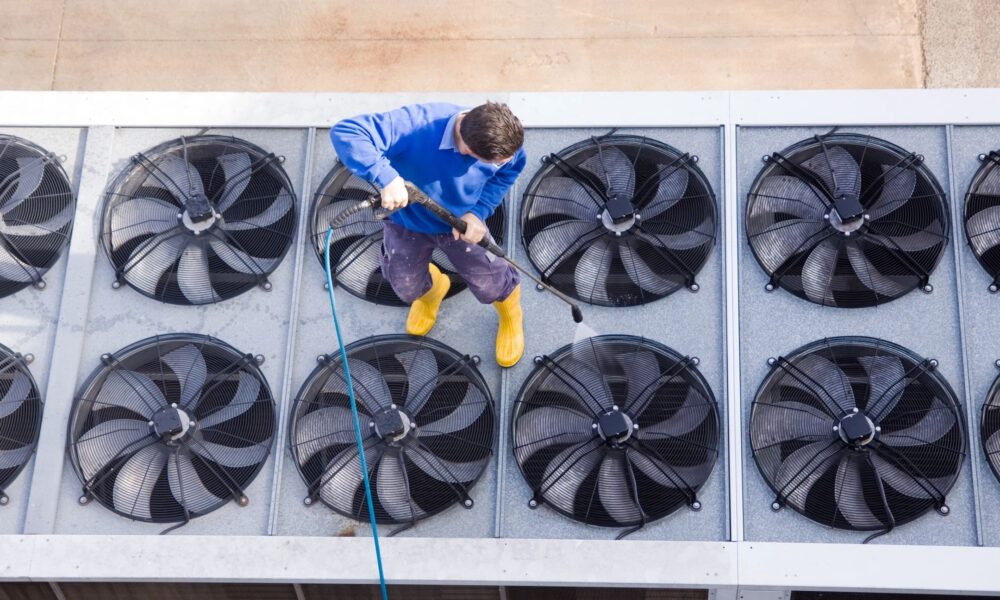
HVAC System Basics for Beginners

This is the most extensive guide to understanding what an HVAC System is. In this new guide, you’ll find out popular heating and cooling systems for your house, terms and technology, suggestions to keep your system running effectively and when it is time to repair or replace your A/C.
What Makes An HVAC System So Important?
It’s obvious that your heating & cooling is the most crucial element for your home.
Bottomline line? If you desire your heating and cooling in working condition all year, understanding your HVAC system is a must. Let’s dive in before anyone gets too hot or too cold.
The Parts of The HVAC System
In order to comprehend your HVAC, you need to know all the working parts. Without one, the others do not work.
You can replace an oil furnace with a gas or gas heating system if that is your option. Boilers heat water which is carried out through radiators, radiant floor systems or a coil. There are 3 requirements to think about when purchasing a brand-new property boiler
Size
A general rule for determining the size you need is in fact based upon the environment you live in.
Effectiveness
A boiler’s efficiency is measured by annual fuel usage effectiveness. AFUE is a measure of how efficient the appliance remains in transforming the energy in its fuel to heat throughout a typical year.
Venting
It is so essential to have appropriate ventilation. You need to understand gas boiler ventilation policies.
Heat Pump
A heat pump, as part of a central heating & cooling system, uses the outside air to both heat a home in winter and cool it in the summer season. They are mechanical home appliances utilized to move heat from a source to various locations.
The Benefit of a Central HVAC System
Homeowners choose these devices due to the fact that a single unit can be plenty to warm and cool their whole house.
In basic terms, A/C’s take heat from one location and move it to another. The two main elements a main A/C unit consists of a condenser system (situated outdoors) and an evaporator system (installed on the air handler or heater). Together they extract heat from space air through refrigeration technology.
Life expectancy is approximately 15-20 years. Central A/C’s use the same ductwork as used by your heating system. Window and Mini Split do not require the duct. They can offer cooling to locations that are difficult to reach such as attics.
Purchasing your very first home is a major learning experience. Owning and preserving a house takes a whole other level of investment. This is particularly real when it concerns your HVAC system.
Maintaining Your HVAC System
Preserving your A/C system is essential for along with ensuring it works at maximum performance. Performing check-ups and fundamental upkeep on your HVAC system needs to be a priority and should happen twice a year at least. This ensures that the heating and cooling systems are ready for heavy use come winter and summer prior to peak usage.
Among the most typically reported heating and cooling problems are insufficient airflows or poor airflow. An easy fix for the house owner is to inspect your filters. The cleaner the filter – the better the airflow. Changing your furnace filter is among the least expensive maintenance items for your home with among the biggest benefits.
Neglecting proper maintenance results in costly repair work.
Understanding HVAC Basics Helps Keep Your System in Top Shape
Here at Air Shield Heating and Cooling, we want to keep your system in the best shape possible. We hope this article on HVAC basics helps you understand a little more about your system and what makes it work.
Click here to get your maintenance plan started now.

